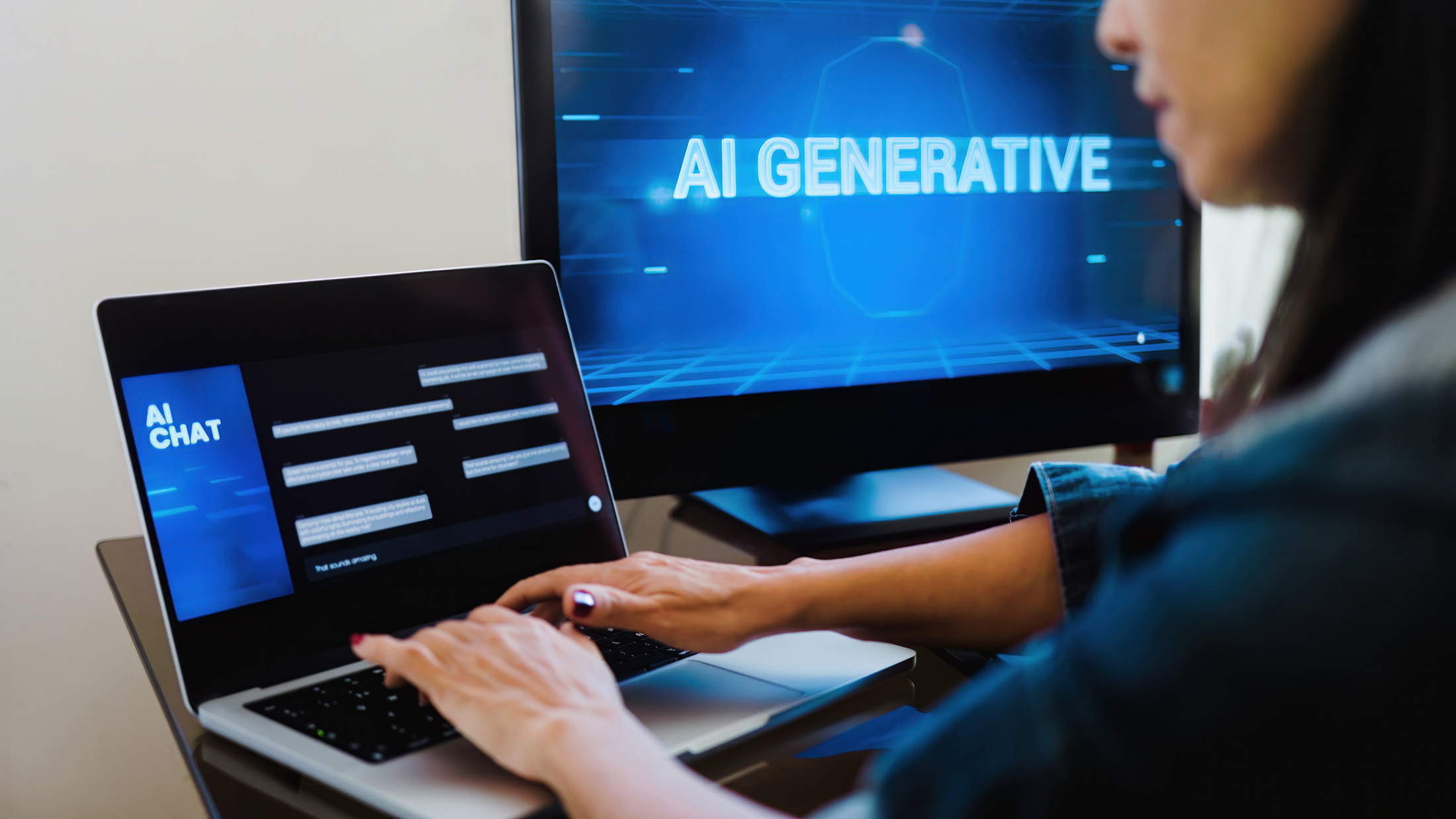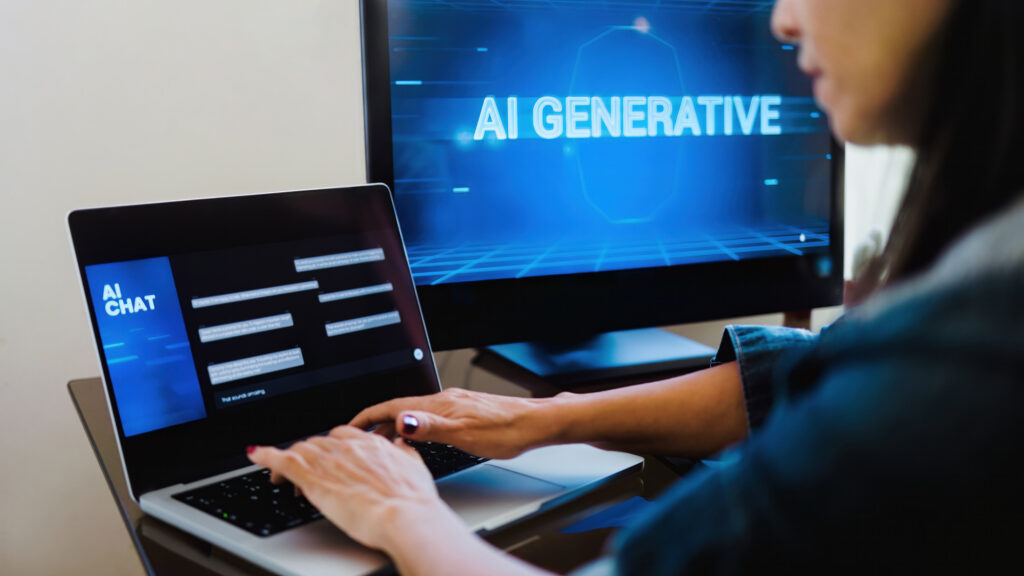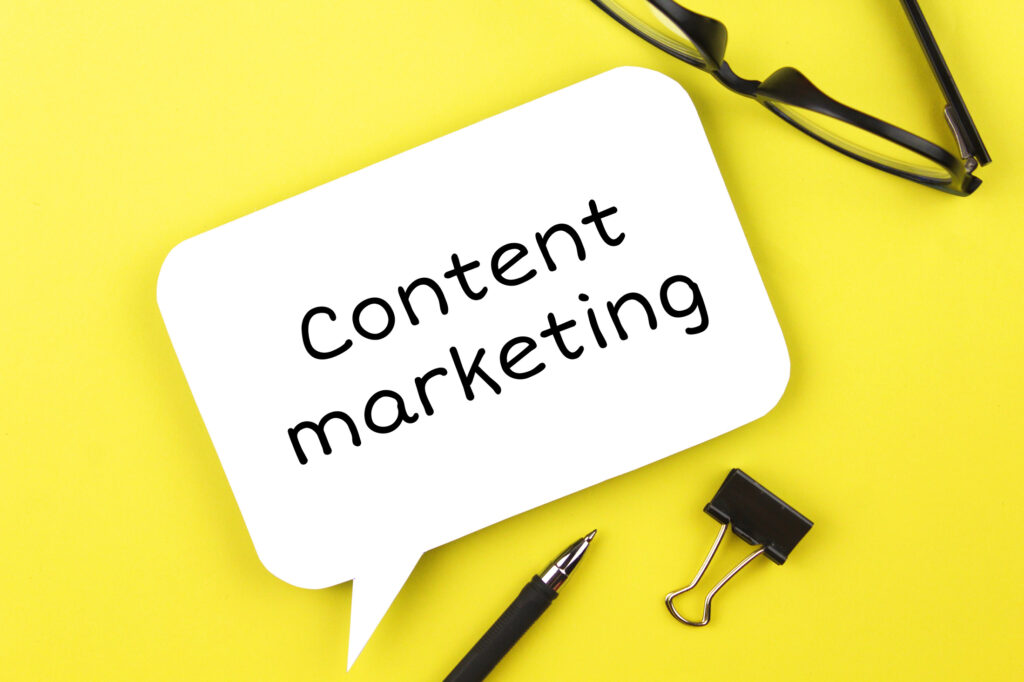Artificial Intelligence (AI) is no longer a futuristic concept confined to science fiction; it’s rapidly transforming the world around us, and the field of marketing is no exception. From personalized recommendations to automated campaigns, AI is revolutionizing how businesses connect with their audiences and achieve their marketing goals. This comprehensive guide explores the profound impact of AI on marketing strategies and how you can leverage its power to gain a competitive edge.
1. Understanding the AI Revolution in Marketing
AI encompasses a range of technologies that enable machines to perform tasks that typically require human intelligence, such as learning, problem-solving, and decision-making. In marketing, AI is being used to automate tasks, analyze data, and personalize experiences, leading to increased efficiency, improved targeting, and enhanced customer engagement.
2. Key Applications of AI in Marketing
AI is being deployed across various marketing functions, including:
- Content Creation: AI-powered tools can generate various types of content, such as product descriptions, social media posts, and even blog articles. This frees up marketers to focus on more strategic tasks and ensures a consistent flow of fresh content.
- Content Curation and Recommendation: AI algorithms analyze user data and behavior to deliver personalized content recommendations, increasing engagement and driving conversions.
- Search Engine Optimization (SEO): AI helps identify relevant keywords, optimize content for search engines, and analyze website traffic to improve organic search rankings.
- Social Media Marketing: AI tools can automate social media posting, analyze social media data, and identify influencers, enabling marketers to optimize their social media presence and engage with their audience more effectively.
- Email Marketing: AI personalizes email campaigns, optimizes send times, and automates email sequences, leading to higher open rates, click-through rates, and conversions.
- Customer Relationship Management (CRM): AI-powered CRM systems analyze customer data to identify patterns and predict future behavior, allowing businesses to personalize interactions and improve customer satisfaction.
- Predictive Analytics: AI algorithms analyze historical data to predict future outcomes, such as customer churn, campaign performance, and market trends, enabling marketers to make data-driven decisions and optimize their strategies.
- Programmatic Advertising: AI automates the buying and selling of digital advertising, optimizing ad placements and targeting to reach the right audience at the right time.
- Chatbots: AI-powered chatbots provide instant customer support, answer questions, and guide users through websites and apps, enhancing the customer experience and freeing up human agents to handle more complex inquiries.
3. Benefits of Integrating AI into Your Marketing Strategy
- Increased Efficiency: AI automates repetitive tasks, freeing up marketers to focus on more strategic initiatives.
- Improved Targeting: AI analyzes data to identify and target specific customer segments with personalized messages.
- Enhanced Personalization: AI delivers tailored content and experiences based on individual user preferences and behavior.
- Data-Driven Decision Making: AI provides valuable insights into customer behavior and campaign performance, enabling marketers to make informed decisions.
- Increased ROI: By optimizing campaigns and targeting the right audience, AI can help improve marketing ROI.
- Improved Customer Experience: AI personalizes interactions and provides instant support, leading to greater customer satisfaction.
- Competitive Advantage: Early adoption of AI can give businesses a significant competitive edge in the market.
4. Overcoming Challenges and Ethical Considerations
While the benefits of AI in marketing are undeniable, there are also challenges and ethical considerations to address:
- Data Privacy: AI relies on data, and it’s crucial to ensure that customer data is collected and used responsibly and ethically.
- Bias and Fairness: AI algorithms can perpetuate existing biases if not trained on diverse and representative data.
- Transparency and Explainability: It’s important to understand how AI algorithms make decisions and ensure that they are transparent and explainable.
- Job Displacement: While AI can automate tasks, it’s also creating new opportunities in marketing that require human skills such as creativity, strategy, and empathy.
5. Future Trends in AI and Marketing
The field of AI is constantly evolving, and new applications are emerging all the time. Some of the future trends in AI and marketing include:
- Hyper-Personalization: AI will enable even more granular personalization, tailoring experiences to individual users in real-time.
- Voice Search Optimization: As voice assistants become more prevalent, marketers will need to optimize their content for voice search.
- AI-Powered Customer Service: Chatbots and virtual assistants will become even more sophisticated, providing personalized and empathetic customer support.
- Augmented Reality (AR) and Virtual Reality (VR): AI will play a key role in creating immersive AR and VR experiences for marketing and advertising.
6. Getting Started with AI in Marketing
- Identify your needs: Determine which areas of your marketing strategy could benefit most from AI.
- Research AI tools: Explore the various AI-powered marketing tools available and choose the ones that best fit your needs.
- Start small: Begin by implementing AI in one or two areas of your marketing strategy and gradually expand as you gain experience.
- Invest in training: Ensure your team has the skills and knowledge to effectively use AI tools and interpret the data they generate.
- Monitor and adapt: Track your results and adapt your strategy as needed to maximize the benefits of AI.
7. Embrace the AI Revolution
AI is transforming the marketing landscape, offering unprecedented opportunities to improve efficiency, personalize experiences, and achieve business goals. By understanding the potential of AI and addressing the challenges responsibly, businesses can leverage this powerful technology to gain a competitive advantage and thrive in the digital age.
In Conclusion
AI is not just a passing trend; it’s a fundamental shift in how marketing is done. By embracing AI and integrating it into your marketing strategy, you can unlock new levels of efficiency, personalization, and customer engagement, ultimately driving business growth and success. Don’t get left behind – embrace the AI revolution and transform your marketing for the future.





